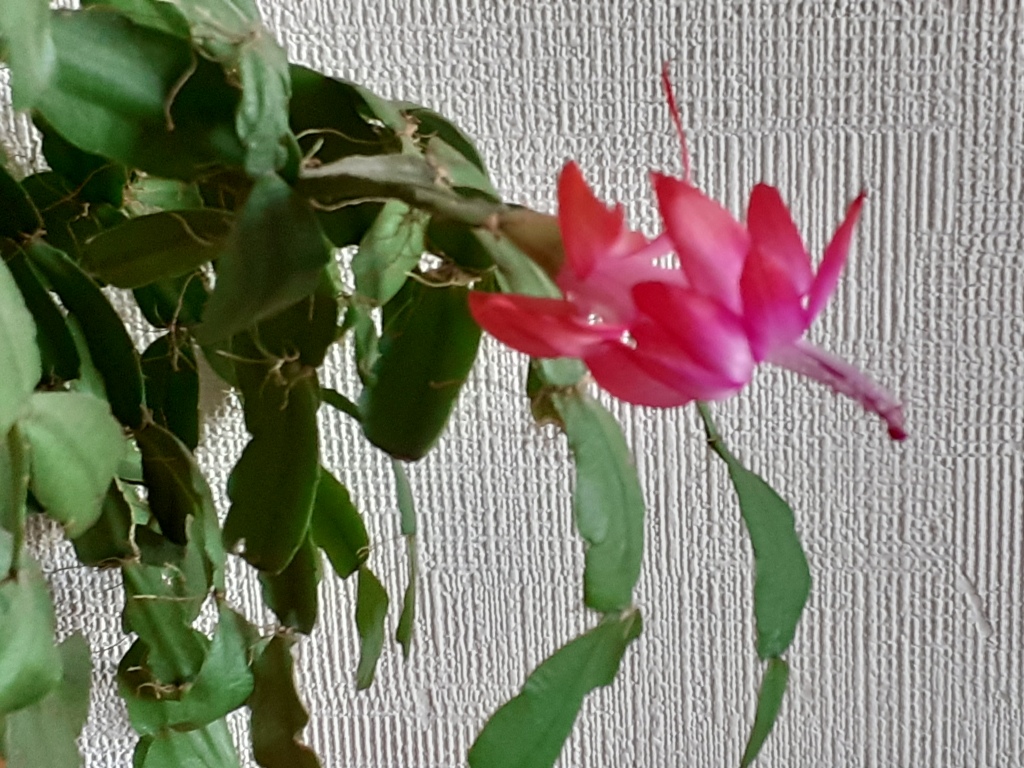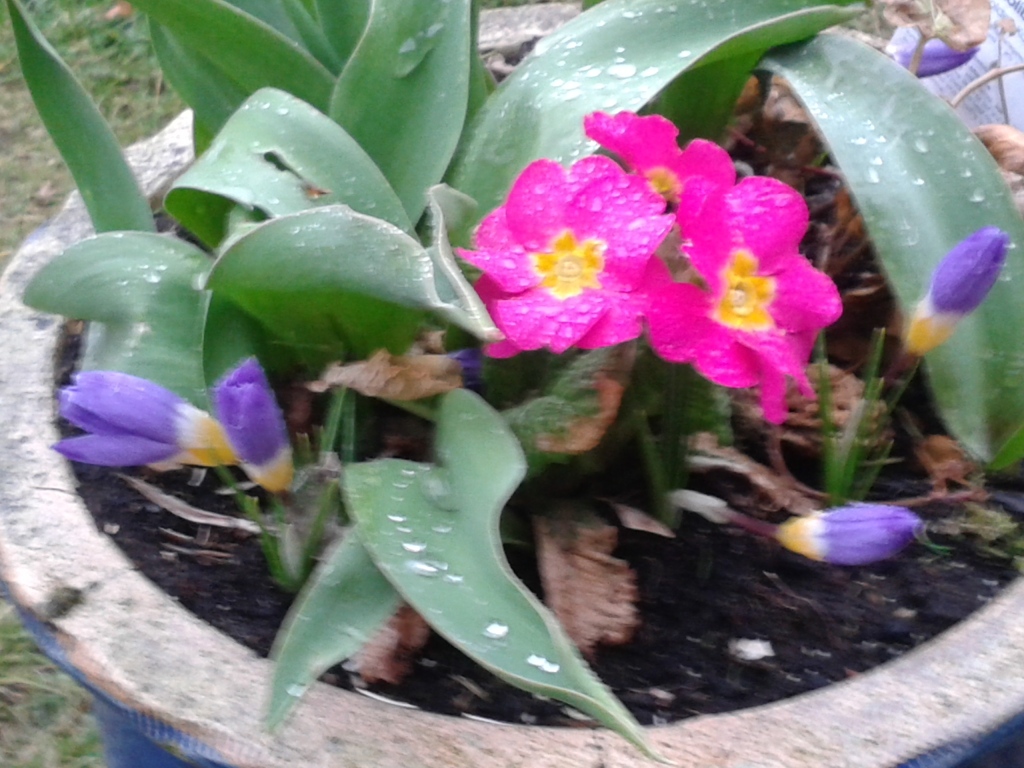
It is Easter Monday (although it has taken me almost two weeks to write this up) and it is snowing in Scotland. I am sitting beside the fire and I am thinking about writing about prayer. I don’t know what I’ll write. That’s often the case. At it’s best, writing is a form of meditation and I discover new things about myself and life as I write.
So now, as I put some peat on the fire, I really don’t know what to say, but that’s okay because I’m hoping that by writing things down, I’ll find out what’s been sitting at the back of my head for the last few months.

When it seems that prayer isn’t answered
It started off when a friend of mine wrote down some of her thoughts on prayer. Like me, she has had the experience of praying for something for years and finally having to accept that that prayer would not be answered.
In my case, I prayed that my sister would be healed, but just over two years ago, my sister lost her battle with mental illness. How could a prayer be more not answered than someone you have loved and prayed for dying in despair?
My sister had been let down very badly by a health system that has been decimated by cuts. Not only that, even if the best of treatment had been available, we still know very little about mental illness. There is no magic pill. However, my sister was a fighter. She wanted to be well enough to be with her family, but when she didn’t get the help she needed, it got too much. I’ll believe until the end of my life that my sister would still be alive if she had got the treatment she needed, but she didn’t and she died. I could say, why me, why us, but from another viewpoint, I have to say, why not us, when so many other families are suffering for similar reasons.
Even, or perhaps especially, in these first few days and weeks of acute pain as I faced the horrible reality of my sister’s death, I began to realise, in prayer, that perhaps all hope was not gone. My sister was not healed in this life, but perhaps she is being healed in the next one. Perhaps God is answering my prayer, but not in the way I thought.
And so, I still pray for her. But her death has undoubtedly affected how I pray about other situations. Sometimes, when I want to pray about a situation that’s bothering me, I find myself in a very difficult place. It’s like walking along a path, stepping onto what looks like leaves and falling into a hidden hole. In that hole, there is no light, no faith, no hope and apparently no love, because suicide leaves a very deep wound. It apparently negates all hope.
I have to pray from that point of darkness. I have to pray from the position of apparently not seeing a prayer answered and of fearing that God will not answer again or that the same thing could happen to someone else I love.

Should we ask for things?
After her own experience of apparently unanswered prayer, my friend was saying that it’s difficult to ask God for anything. Her prayer has become more a prayer of surrender of acknowledging God’s presence than of making requests.
This set me thinking, should we be asking things of God. Is it fair to come to God with a shopping list of prayer intentions? Would I come to a friend with a list of things I want them to do for me? Well, actually, I do ask friends to help me out at times, and sometimes they ask me for things, but usually I’d have a cup of tea first, ask how they are and tell them how I am. And maybe if I told them about a situation that was difficult, they’d offer to help without me having to ask.
Maybe it’s the same way with God. I think some of my prayer now is about trying to let go of my fear and lack of trust and acknowledge who God is. When I was first thinking of becoming Catholic, a priest told me that God holds me in being every moment of the day, that God never forgets me. I found this a strange idea. Wasn’t God some sort of distant deity who’d set the universe in motion and then sat back to watch the show from a comfortable seat somewhere up there in the sky?
Now, I’m beginning to find this idea comforting. No matter how difficult and painful the situation, I can bring it to God in prayer and know that God in some way holds me and the people I love. Some of my prayer now, especially when I am in pain, is just about trying to bring this into my awareness.
I still ask for things. Of course, I do. Who else can I ask? Sometimes I come to God with my list of complaints, all the things I’d like to change about my own situation or about what’s happening in the world or to other people I know. There is a sense though in which prayer has to involve recognising that in some way I don’t understand, the universe is okay right now. It has to be if God is encircling it, encompassing it, holding it in being. I discovered in the raw pain of losing someone I loved to suicide that God was still there in the rock bottom, scoured out reality of grief.
Trust
As I write, I am feeling challenged to discover through prayer the ways in which my present situation really is okay even if there are things I would like to change, even if I have a wish list. This involves trust and thanksgiving.
Julian of Norwich says, ‘This is our Lord’s will: that our prayer and our trust should be equally generous.’ When I first read this, I thought it meant that I must somehow work up a conviction that God will answer my prayer the way I want it answered. Now, I don’t think she means trust in a specific outcome. I think she means trust in who God is: trust in God’s love and concern for us and in His care, rather than faith that God will do a certain thing in our lives in a certain way.
When I was in Spain, I discovered a devotion in the form of a thirty-day conversation with Jesus which is all about building trust. I haven’t been able to find an English translation so I attach my own translation here of part of the conversation:
Why are you worried and confused by the problems of life?
Leave me to look after your affairs and everything will go better.
When you hand things over to me, everything will quietly work itself out according to my plans.
Don’t despair or send up an agitated prayer,
As if you want to demand from me what you want.
Close the eyes of your soul and say to me calmly:
Jesus, I trust in You!
Avoid preoccupying yourself with worries and gloomy thoughts about what could happen.
Don’t spoil my plans by trying to impose your own ideas.
Allow me to be God and to act with full freedom.
Hand yourself over to me with confidence. Rest in me and leave your future in my hands.
Say to me frequently:
Jesus, I trust in You!
What damages me the most is when you rely on your reasoning and your own ideas
And try to sort things out in your own way when you tell me
Jesus, I trust in You!
Don’t be like the patient who told the doctor to treat him but suggested how it should be done.
Let me lift you into my divine arms. Don’t be afraid. I love you.
If you feel that things are getting worse and more complicated despite your prayers,
Keep on trusting, close the eyes of your soul and trust.
Keep telling me every hour:
Jesus, I trust in You!
I need my hands free if I’m to be able to work.
Don’t tie me up with your useless worries. Satan wants to make you restless and worried and take away your peace.
Trust in me. Rest in me. Hand yourself over to me.
The more you abandon yourself to me and have confidence in me, the greater the miracles I will be able to work.
So, don’t worry. Throw all your anxieties on me and sleep peacefully.
Tell me always:
Jesus, I trust in You!
And you will see huge miracles.
I promise you by my love.




